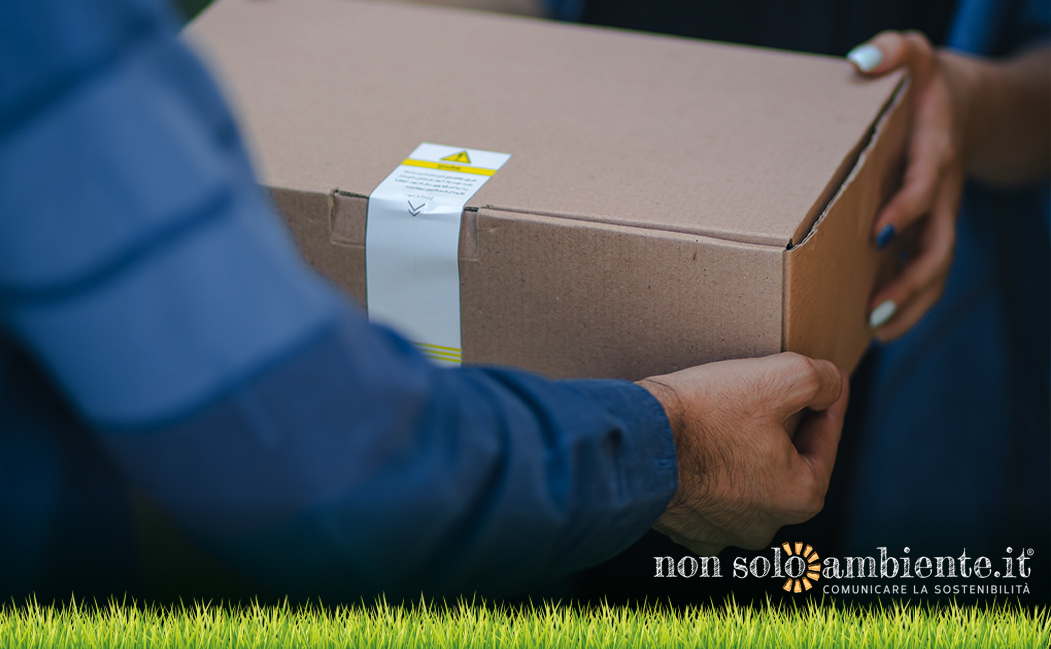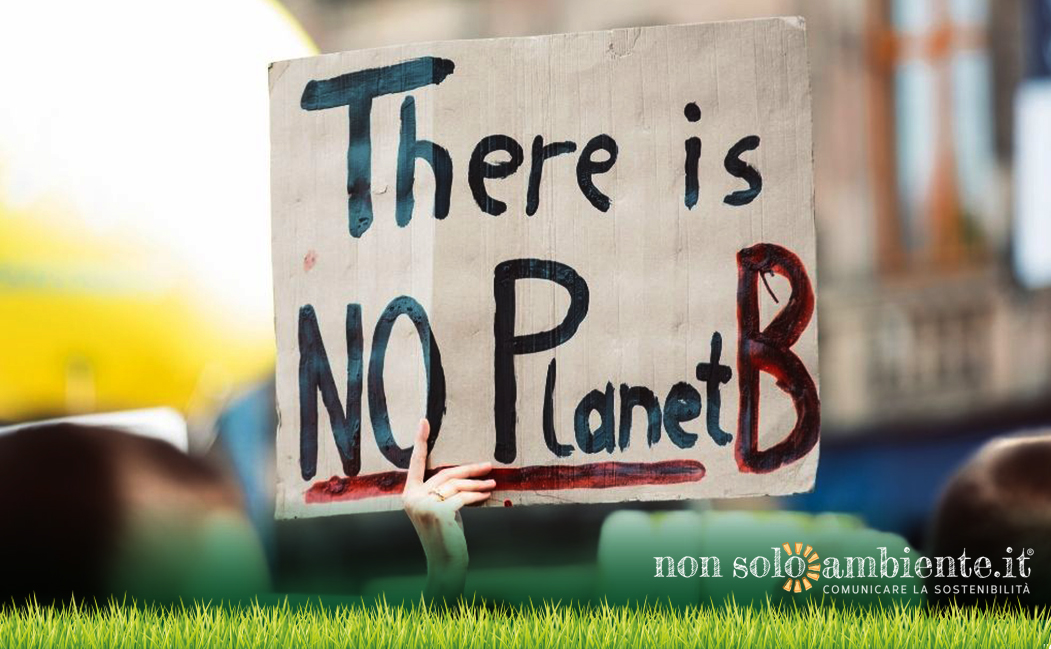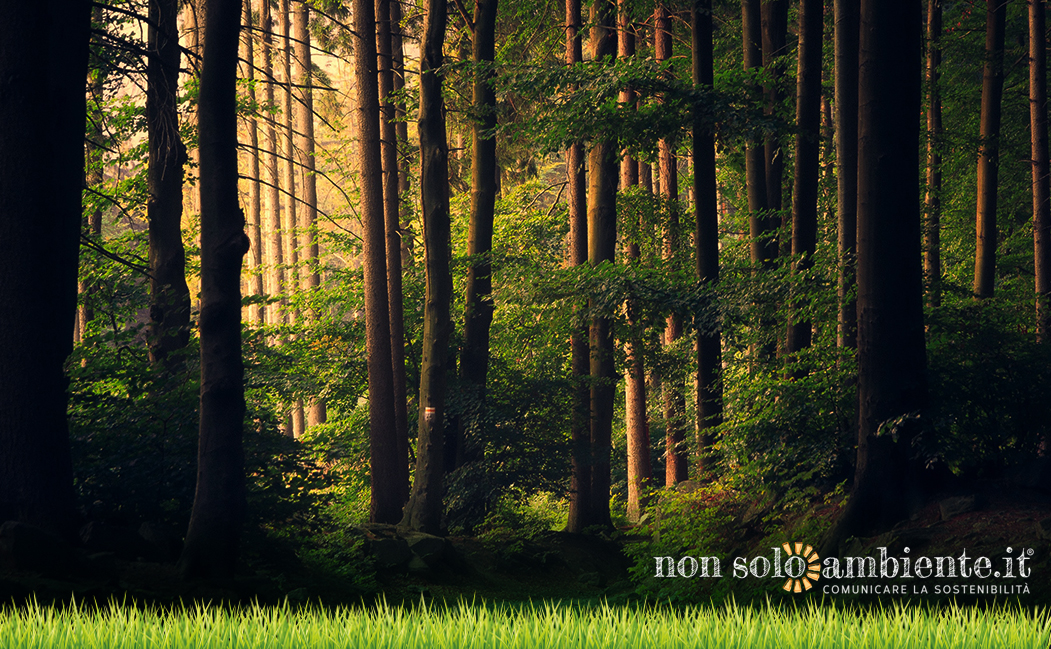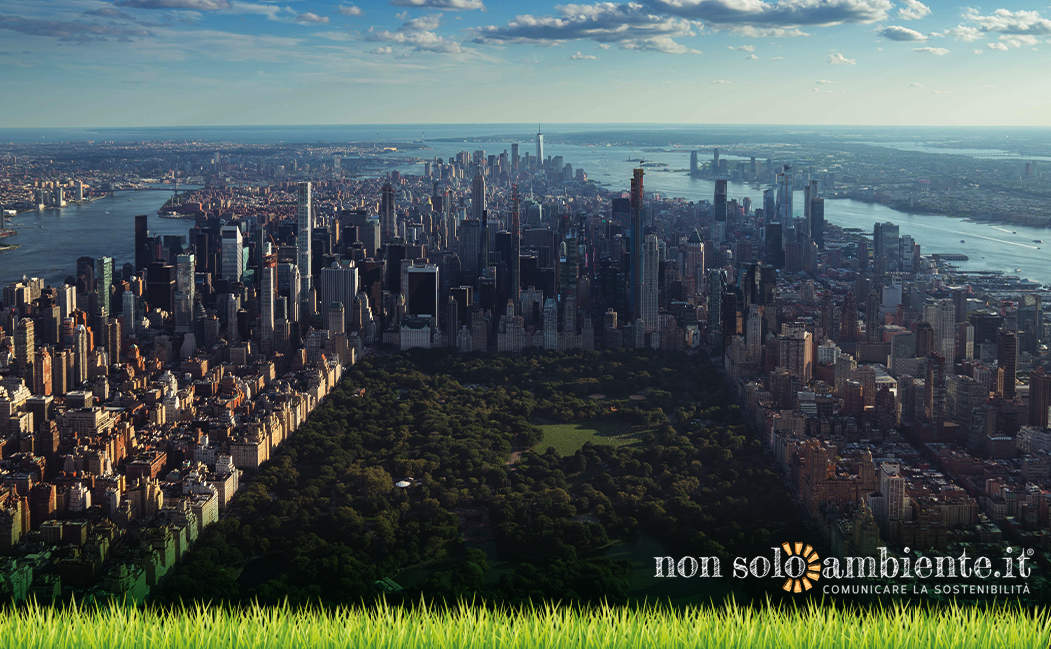
Ultime Notizie

Chocolate couldn't be available by 2050 due to climate change effects anymore. Exceptionally hot winters, out-of-control fires and faster-than-expected melting glaciers are all phenomena due to climate change. Droughts are as well; and the recent episodes in Brazil and South America caused a collapse in coffee, soybeans and cocoa production.
The situation is out of control since such exceptional weather conditions change ruin cocoa plants. According to experts, chocolate could evolve into a completely different product, including much lower percentages of cocoa in it. The "Theobroma cacao" grows in small portions of land only: cocoa beans must be planted within 20 ° of latitude (preferably within 10 °) and at consistent temperatures, high humidity, abundant rainfall, windy, nitrogen-rich soil areas.
Most of the world's production comes mainly from Africa, in Ivory Coast and Ghana (at least 70%), while the rest from South America - although the plant in origin was established in Mexico and then moved around the tropics. Pretty alarming is a conducted study by the Intergovernmental Panel on Climate Change, which states that "temperatures in Côte d'Ivoire and Ghana will increase by 3.8 ° F by 2050". Cocoa beans can resist high temperatures; however, the excessive heat reduces the required high humidity for their growth, leaving the plants too dry to survive.
As a result, the plants will be forced to grow at higher altitudes. Consequently, the limited production struggles to maintain the demand for world chocolate consumption, skyrocketing the price of chocolate products. According to a Business Insider report, some suggested moving cocoa plantations to steeper mountains; however, the majority of those areas are protected wildlife shelters against intensive agriculture.
Tags:
Milano: Piazzale Loreto diventa green
22 Settembre 2021Potrebbero interessarti ...
Snam’s commitment to sustainability at Dubai Expo 2020
13 Ottobre 2021No more chocolate by 2050 because of extreme droughts effects
22 Settembre 2021How much CO₂ do urban forests absorb?
15 Settembre 2021Iscriviti alla nostra Newsletter!
Sei un sostenitore dell'ambiente in tutte le sue forme? Allora sei nel posto giusto!
Iscriviti subito!



